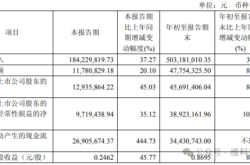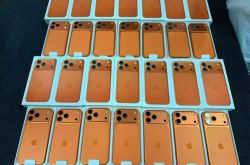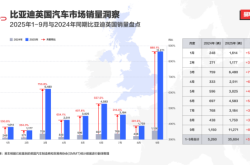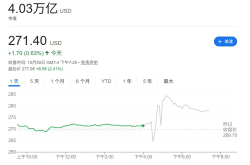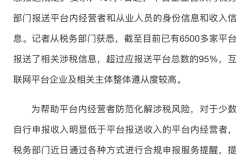Cook Seems to Imply Poor iPhone Air Sales; Its Prospects Look Bleak!
![]() 10/31 2025
10/31 2025
![]() 381
381
Have you noticed that since the domestic version of the iPhone Air went up for pre-sale on October 17th, it has generated a significant buzz online, with many hailing it as a trendsetter in the industry? Yet, after its official launch on the 22nd, the online enthusiasm for this device took an unexpected nosedive. To date, no third-party sales data has been made public, painting a stark contrast to the blockbuster (here, 'blockbuster' better conveys the sense of huge success compared to 'booming' or 'highly popular') sales performance of the iPhone 17 series. Adding to the gloom, rumors of sluggish overseas sales have further fueled negative speculations about the iPhone Air's domestic market performance, a sentiment that seems increasingly likely to materialize.
Today, Apple unveiled its latest quarterly financial report, boasting an impressive overall performance with a single-quarter revenue surpassing $100 billion (102.5 billion). However, when probed about rumors of production cuts for the iPhone Air, Cook sidestepped the question, stating that sales figures for individual models are not separately disclosed. This is clearly out of the ordinary. Some might wonder, if sales figures for the iPhone 17 series haven't been released either, does that imply they're underperforming too?
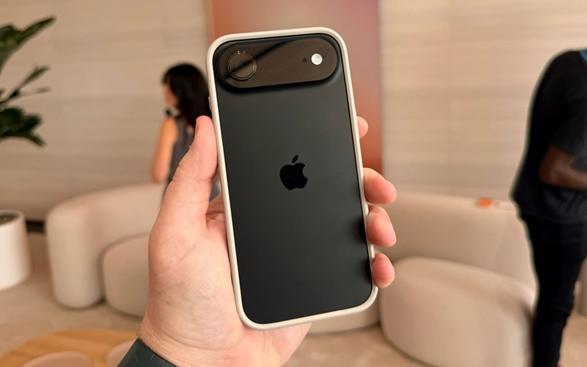
The iPhone 17 series is still in high demand, and third-party sales data has already been released, showing that activation volumes for the three models have surpassed one million, with the Pro Max exceeding 2.5 million. Their performance speaks volumes. In contrast, the iPhone Air is rumored to have fallen short of sales expectations across the board. Coupled with Cook's evasion of questions, it almost seems like a tacit admission of the poor sales rumors. In truth, many had anticipated this outcome, but the market's direct reaction was unexpected, with the first week of sales already hinting at the eventual result.
Previously, Cook also avoided discussing the performance of the mini and plus models during financial report meetings, and the outcomes were apparent to everyone. In my view, the root cause lies in the severe mismatch between the price and the features and specifications. Issues like a small battery, a single rear camera, and a single speaker have led many to believe that, despite the Apple brand's value, the starting price of 7,999 yuan is unjustified. At this juncture, rationality has triumphed for many.
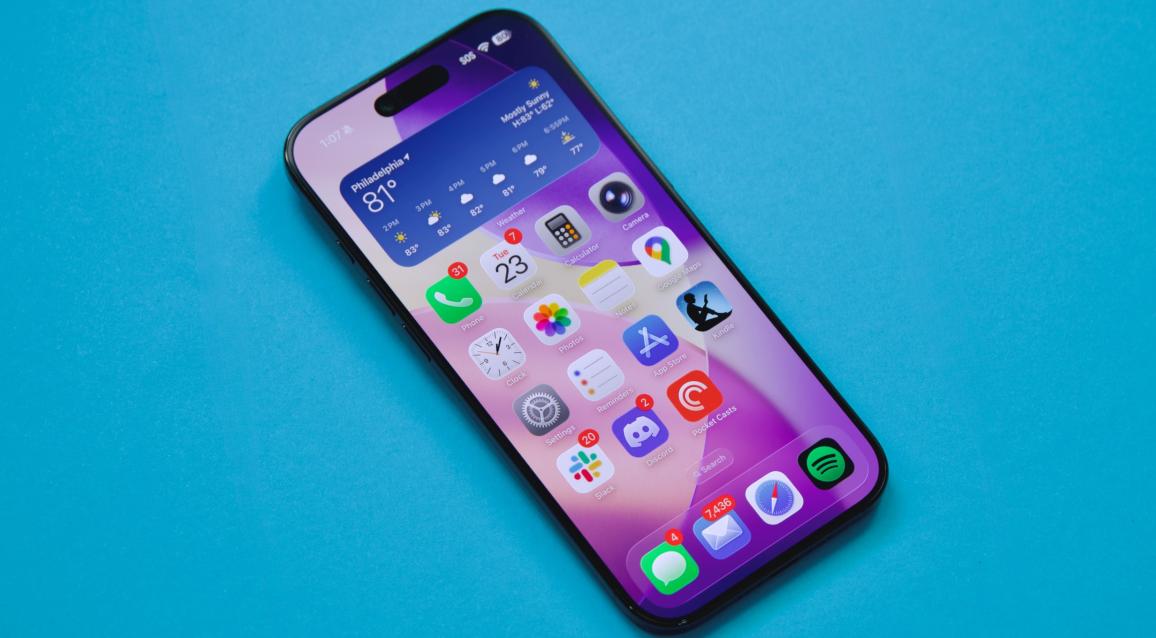
Once the initial excitement fades, users will encounter a host of issues that detract from the user experience. Of course, some die-hard Apple fans argue that the device's significant advantage lies in its ultra-thin design. However, I believe that compromises can be made, but they should be reasonable. Sacrificing so much user experience for the sake of an ultra-thin design is not the innovation that everyone is clamoring for. Nevertheless, some speculate that the iPhone Air might just be a technology verification device, testing the feasibility of ultra-thin components for next year's foldable screen models. It's even conceivable that internally, Apple didn't have high hopes for the iPhone Air.
Of course, it's not to say that the device has no future whatsoever. eSIM is indeed a trend that the entire industry will gradually embrace. The crux still lies in the price. As long as it is subsequently reduced to a price point that meets most people's expectations, there will still be a market for it. Personally, I believe that around 5,500 yuan would be a reasonable price point. Anything beyond that would not be a wise purchase. However, a price reduction alone cannot permanently resolve the issue.
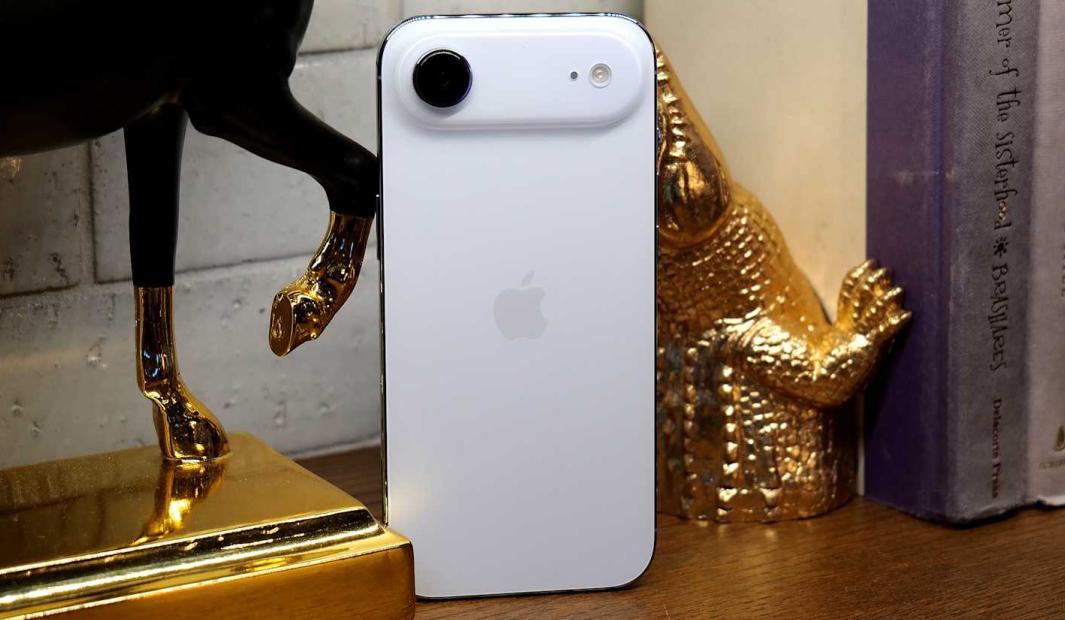
Although there are online rumors suggesting that an Air version will be released next year, if the issue of reduced specifications is not addressed, it may suffer the same fate as the Mini and Plus models. What are your thoughts, everyone?

